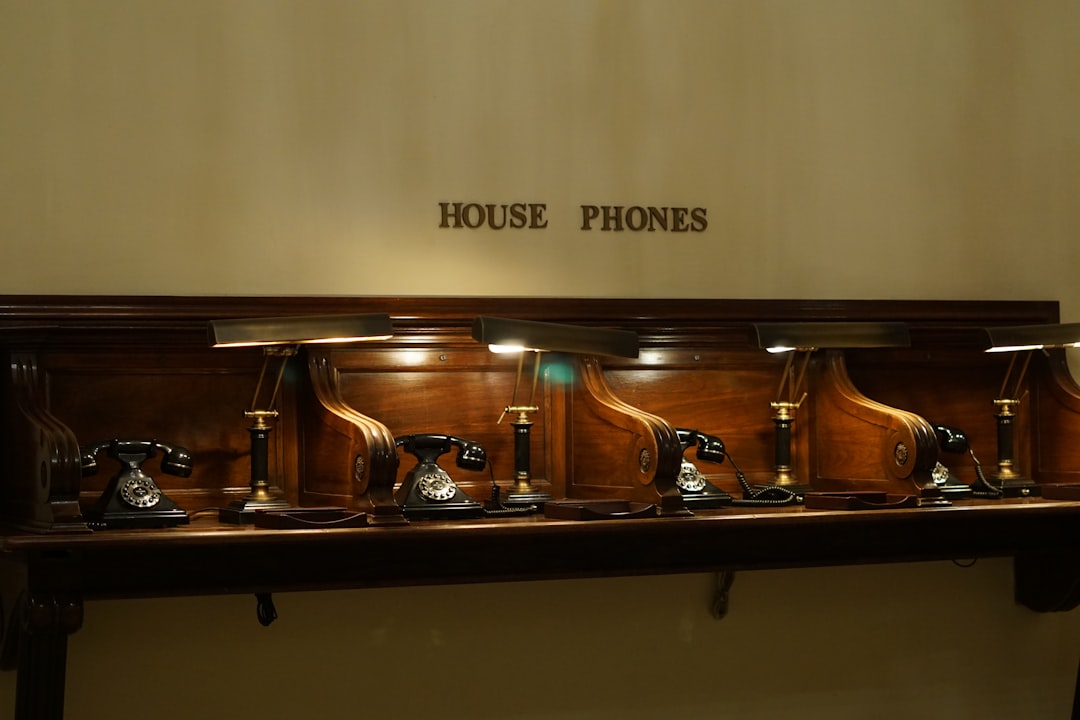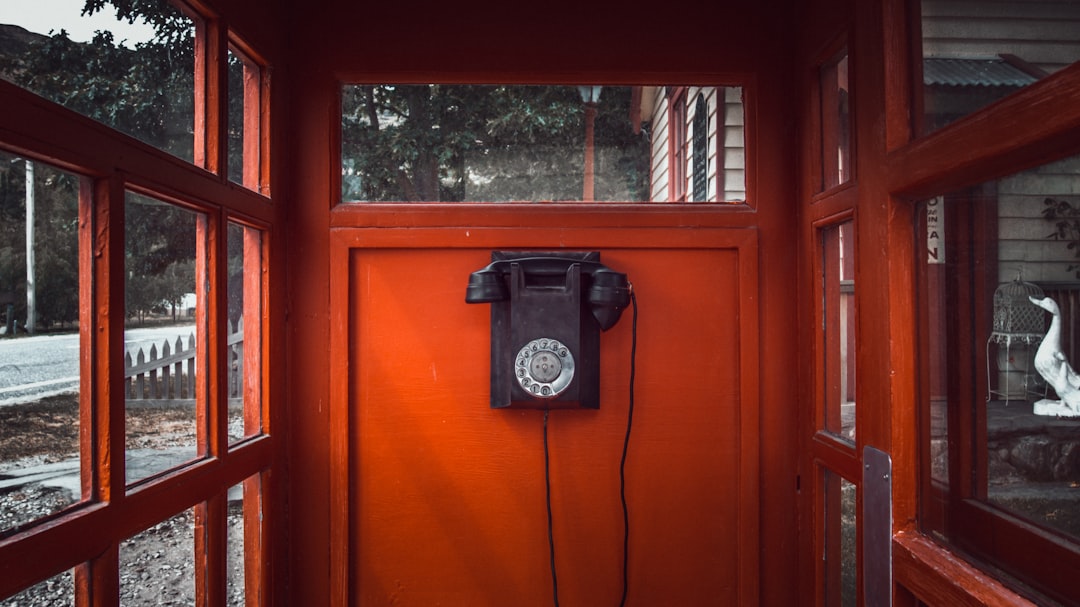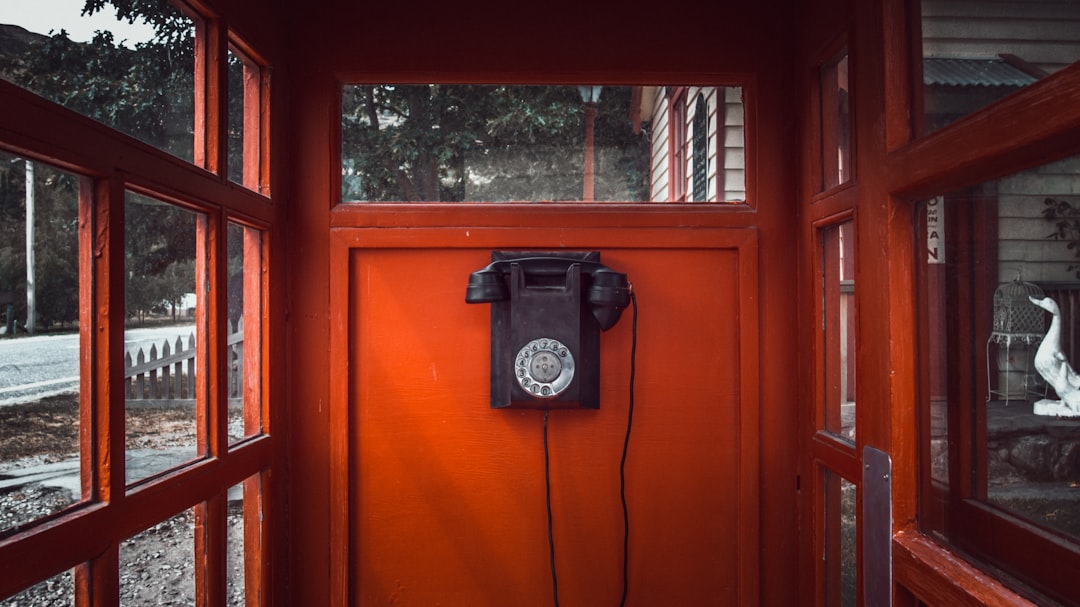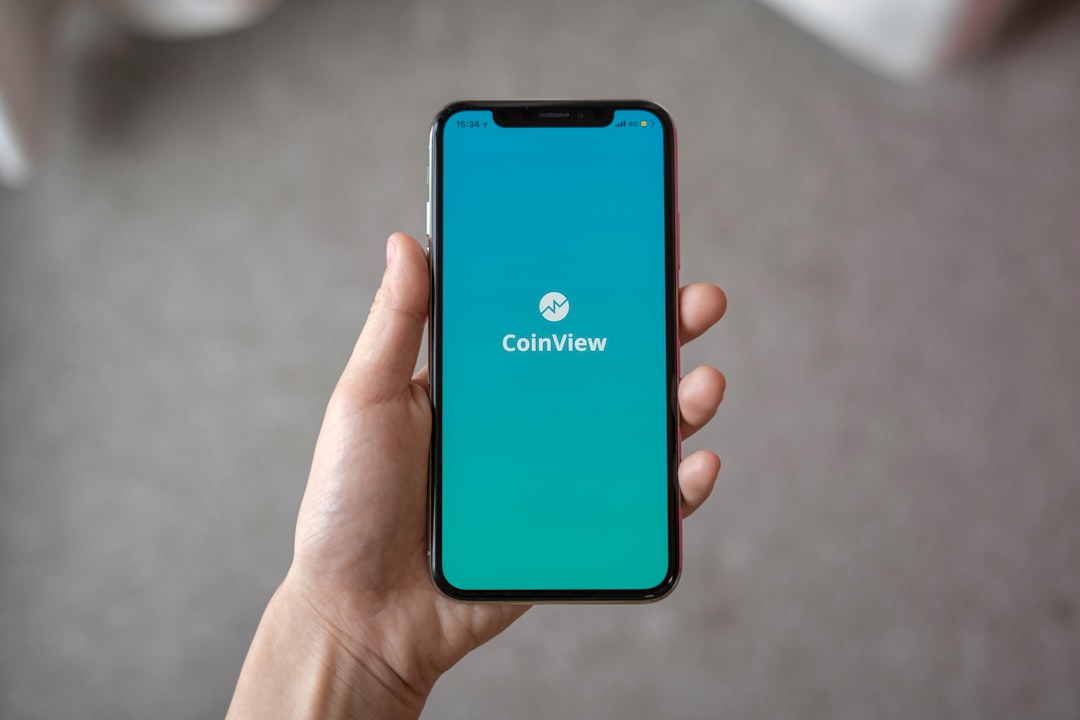In Idaho, specific exemptions exist for survey and informational calls, allowing residents to manage unwanted solicitations while preserving important communications from legitimate businesses. However, differentiating between protected calls and spam texts is crucial, as the latter may incur legal action. Residents experiencing privacy violations from unwanted survey or informational calls should consult a local lawyer specializing in Idaho's telemarketing laws for guidance and protection against such infringements.
#i<doci &lders (inselempas #i #llinsear #inseer (dires) nowinsm ou picarينا (i dincip> dines (insear) i<#s&lder&i sear &hellas (insepas i&ls #i<s<ndowrs (insear), i &-i<s<sinjusti (now) i<<d &lder & #p&suo&ldi nows i <s&lderst<ni <i&ldينse<<di notinsearrين

In Idaho, exemptions exist for survey and informational calls, offering relief from unwanted solicitations. These exemptions are designed to protect residents from excessive or nuisance calls while still allowing important communications. For instance, businesses engaging in legitimate market research or organizations providing public service announcements are typically exempt from certain regulations governing telemarketing practices.
However, it’s crucial to distinguish between protected calls and spam texts. Lawyers in Idaho play a vital role in clarifying these distinctions. If a call is deemed as spam, meaning it lacks the elements of genuine inquiry or informational purpose, legal action can be taken. Residents who feel their privacy rights have been violated by unwanted survey or informational calls should consult a local lawyer specializing in telemarketing laws to understand their options and protect themselves from such infringements.






